Field Experience
Requirements
New York State requires that all teacher candidates complete at least 100 hours of supervised field experience prior to student teaching. At Stony Brook, this field experience is completed in conjunction with the two pedagogy courses and is carried out in partner schools on Long Island and in New York City. Teacher candidates must enroll in field experience courses, which are co-requisites for the pedagogy/methods courses. These are credit-bearing courses; in some of the programs, these are graded on an S/U basis.
Fieldwork will engage teacher candidates in diverse settings
that include:
- High need schools.
- Students with disabilities or special needs (at least 15 hours).
- English language learners.
- Teaching literacy in the content area.
- Both middle (7-9) and high school (10-12) students. TESOL requires additional experience with P-6 students.
Teacher candidates are advised that 15 of their field experience hours must include a focus on understanding the needs of students with disabilities. Candidates are encouraged to observe integrated co-teaching (or inclusion) classes in their certification area and other special education classroom situations as available. These 15 hours should be noted on Field Experience Time Sheets. Teacher candidates should also aim to earn at least 20-40 field experience hours in high needs schools. The specific field experience assignments, and their coordination with the pedagogy courses, will vary from program to program. Teacher candidates will usually be required to complete written assignments for their pedagogy courses on the basis of their field experiences.
The field experience assignments may involve:
- Observations of instruction by sponsor teachers. These observations provide an opportunity to understand how pedagogical theories studied in the university actually work in the secondary classroom. They also provide an opportunity to gain experience with discipline-specific instructional strategies and classroom management issues.
- Assisting the sponsor teacher with instructional activities, tutoring students, and grading class assignments and tests.
- Journal entries and/or classroom-based research documenting and analyzing field experience. Since field experience must be completed in conjunction with an academic course, paid internships, summer camp work, and substitute teaching cannot be used to satisfy this requirement.
- Students should plan their class and work schedules carefully to ensure that they are able to complete the required experiences during school hours.
General Guidelines for Field Experience in P-12 Classrooms
- Dress professionally. Choose attire that you would wear if you were a teacher. Avoid shorts, sandals, tank tops, etc. - these are too casual and may leave an adverse impression on the students and/or the classroom teacher and/or school administrators.
- Students should plan in advance to have access to a car or other reliable transportation during the field experience and clinical practice semesters.
- Be prompt. Arrive at the classroom before class begins. Never disturb the teacher by walking in after class has begun.
- Thank the teacher for allowing you to be a guest and then ask them where to sit and what role they wish you to play in the class. Field experience will be more rewarding and productive if you play an active role in the classes you visit. Ask the teacher whether you should simply observe and take notes or whether you should interact with students by helping them in group work, with individual assignments, homework, etc. Volunteer wherever your contribution would be appropriate.
- Follow the teacher's directions. If you are asked to perform tasks, such as making photocopies, going to the library or the computer lab, do it. All tasks related to teaching are potentially valuable.
- Be helpful, not intrusive. Only approach the teacher with your questions at times that do not interfere with the lesson or the teacher's agenda. Teachers are busy people and have a great deal on their minds. Be sensitive to this.
- Finally, send a short note of thanks to the teachers and school administrators who have allowed you to be a visitor in their schools. This kind of basic politeness, or lack thereof, is often taken as an indication of character, and good character is an essential aspect of good teaching.
| Previous Section | Next Section |

